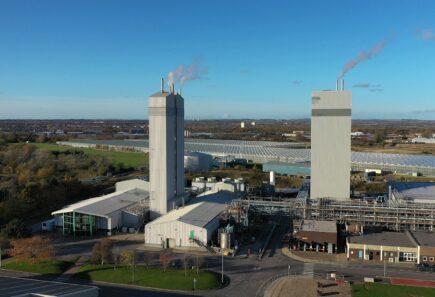
Analysis finds UK government has invested £75 million in alternative protein innovation since 2021 National Food Strategy
Conrad AstleyAs Labour prepares to develop a new food strategy, analysis finds that the UK has invested £75 million in developing sustainable new foods – more than half of the amount recommended by a landmark review of England’s food system.









